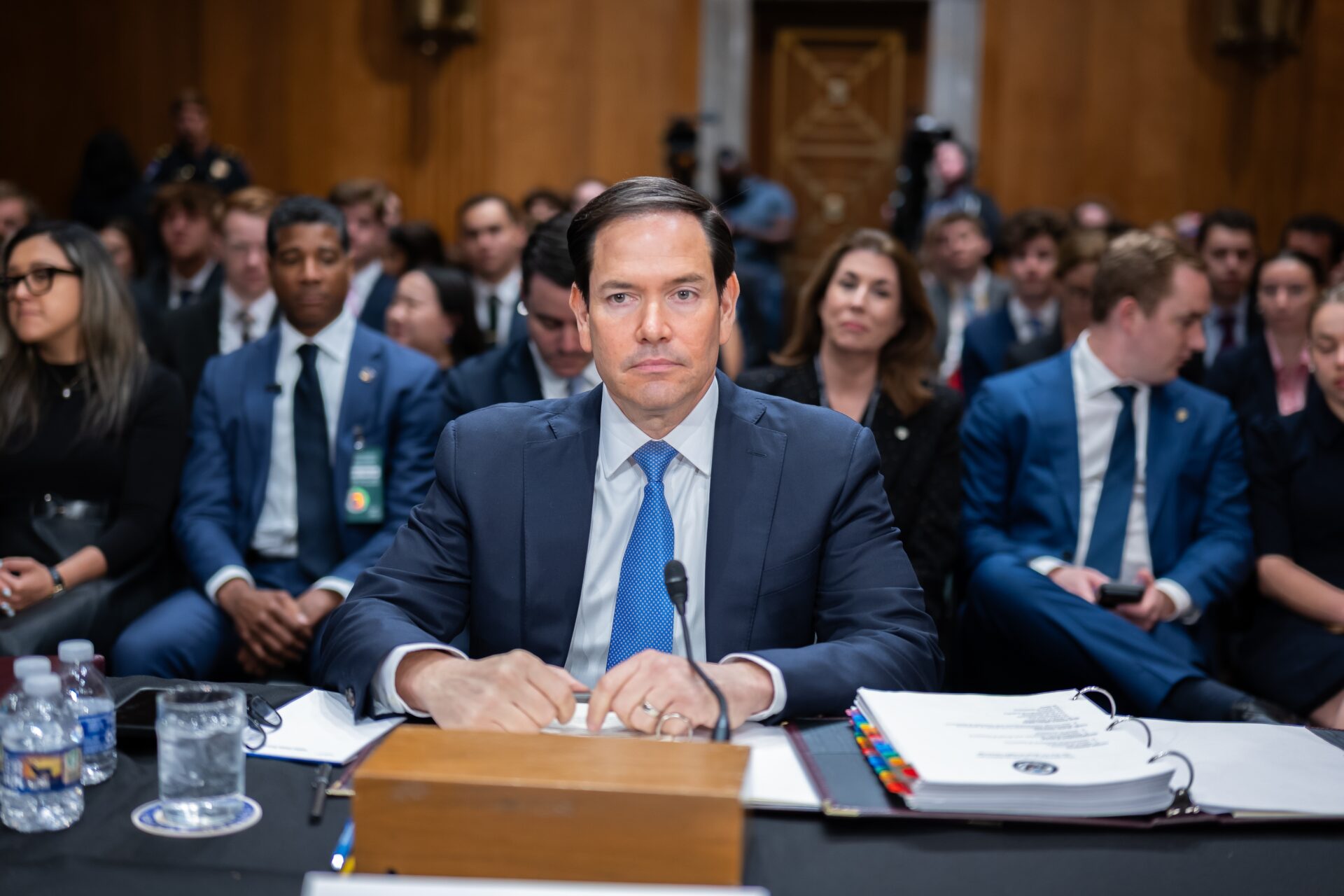
MAGA Influencer PANICS – Trump Mental State?
Alex Jones claimed Donald Trump’s health is deteriorating, while the White House countered with assurances from Trump’s former physician.
At a Glance
- On August 20, 2025, Alex Jones warned of Trump’s supposed health decline.
- Jones cited chronic venous insufficiency and unusual lapses as evidence.
- The White House dismissed the claims, citing physician Ronny Jackson’s evaluation.
- Trump’s health has been a recurring topic of speculation during his career.
- No official medical reports support Jones’s specific claims.
Jones Raises Alarm
On August 20, 2025, conspiracy broadcaster Alex Jones raised concerns about Donald Trump’s health, using a metaphor of a light bulb “starting to go out.” He alleged that Trump suffers from chronic venous insufficiency, a circulatory condition, and pointed to recent moments of verbal hesitation as signs of fatigue. Jones highlighted an incident in which Trump reportedly struggled to recall the name of the Atlantic Ocean during a speech, framing it as symptomatic of larger cognitive issues.
While Jones has long been a polarizing voice in American media, his remarks gained attention because they aligned with longstanding debates about Trump’s stamina and cognitive sharpness. Trump, who remains a central figure in U.S. politics, has frequently been subject to public speculation about his health, a dynamic intensified during his presidential terms.
Watch now: Alex Jones Freaks Out in a Stunning Turn Against Donald Trump, Calling Out Trump’s Health Crisis · YouTube
White House Pushback
In response, the White House moved quickly to counter the claims. Officials referenced a recent evaluation from Ronny Jackson, Trump’s former White House physician and now a member of Congress, who has consistently vouched for Trump’s robust health. Jackson has previously issued statements describing Trump’s condition as “excellent,” noting strong results from routine checkups.
The White House emphasized that Trump maintains a busy travel and speaking schedule, arguing that his endurance contradicts suggestions of decline. Staff framed the remarks from Jones as unfounded speculation rather than evidence-based medical assessment. This approach is consistent with prior strategies, as presidential health has historically been treated as both a political vulnerability and a matter of public trust.
Health and Politics Collide
Presidential health has often been a politically sensitive subject in the United States. Past leaders, including Franklin D. Roosevelt and John F. Kennedy, faced significant health challenges while in office, often shielded from public view. In recent decades, greater transparency has been demanded of presidents, yet speculation continues to swirl whenever lapses or unusual behaviors are observed.
For Trump, questions about health carry heightened implications given his central role in Republican politics and potential electoral ambitions. Supporters emphasize his energy during extended rallies, while critics highlight moments of verbal missteps. The absence of official medical documentation on the specific conditions cited by Jones underscores the speculative nature of such claims.
Conspiracy Narrative Versus Documentation
Jones’s framing of Trump’s health as evidence of imminent collapse reflects a broader pattern of conspiracy-oriented narratives shaping public discourse. By invoking a dramatic metaphor, Jones sought to cast ordinary missteps as signs of serious decline. However, without corroborating evidence, such claims remain unverified.
Meanwhile, the White House’s reliance on prior assessments by Ronny Jackson highlights how medical authority is often mobilized to rebut challenges. The contrast between unverified allegations and official reassurance illustrates the ongoing tension between speculation and documentation in U.S. political communication.
Sources
The Daily Beast
Reuters
Associated Press


